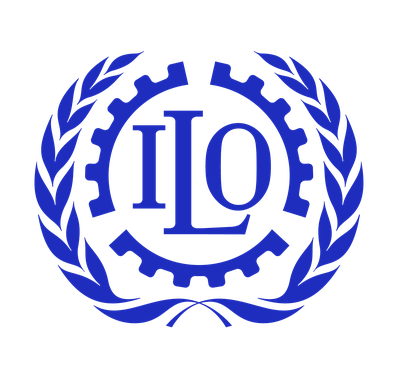
Decent Work in Garment Supply Chains Asia (ILO)
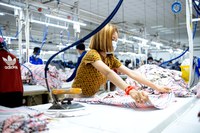
What you should know about ILO's newest Workers' Manual on Productivity
Discover how the Workers' Manual was developed and why it can help increase understanding and productivity in factories through increased social dialogue, compliance with labour standards and improved working conditions.
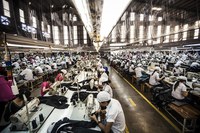
Asia still ‘garment factory of the world’ yet faces numerous challenges as industry evolves
A new report from the International Labour Organization (ILO) highlights trends in employment, wages and productivity the Asian garment, footwear and textiles industry.
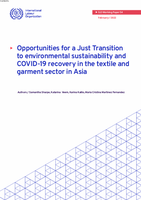
A Just Transition for the garment industry in Asia is critical as the sector seeks to recover from the impacts of COVID-19. This report examines the impact of the COVID-19 pandemic on the textile and garment sector, specifically the employment and enterprise impacts, and contextualizes these within the wider development impacts of the sector – social, economic and environmental; both positive and negative – to ask the question: how sustainable is the sector?
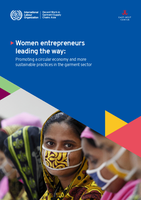
The report outlines four women leaders in Asia’s garment and textile sector who are making positive contributions to sector-specific challenges related to gender equality, environmental sustainability and industry recovery from COVID-19. The entrepreneurs share their personal and business experiences showcasing sustainable enterprises, introduction of circular economies and adopting alternative leadership styles at work.
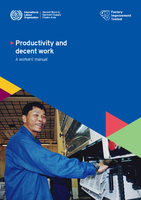
Productivity and decent work: A workers' manual
This innovative new manual aims to guide worker-oriented training in the garment sector. It shows how worker engagement in productivity improvements can support decent work through enhanced social dialogue, stronger labour compliance, and improved working conditions. Published by the ILO-Sweden Decent Work in Garment Supply Chains Asia Project (Aug 2022).
